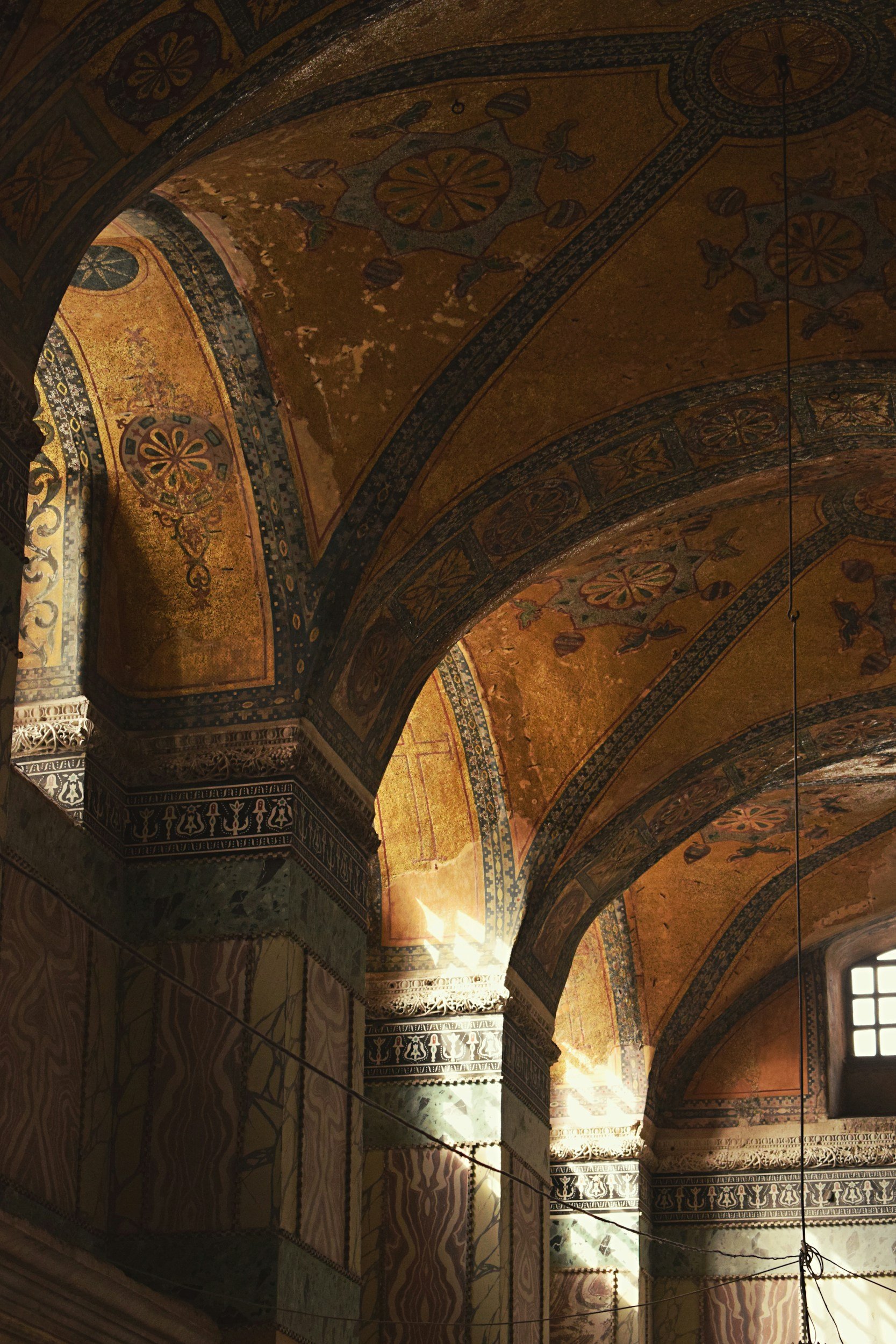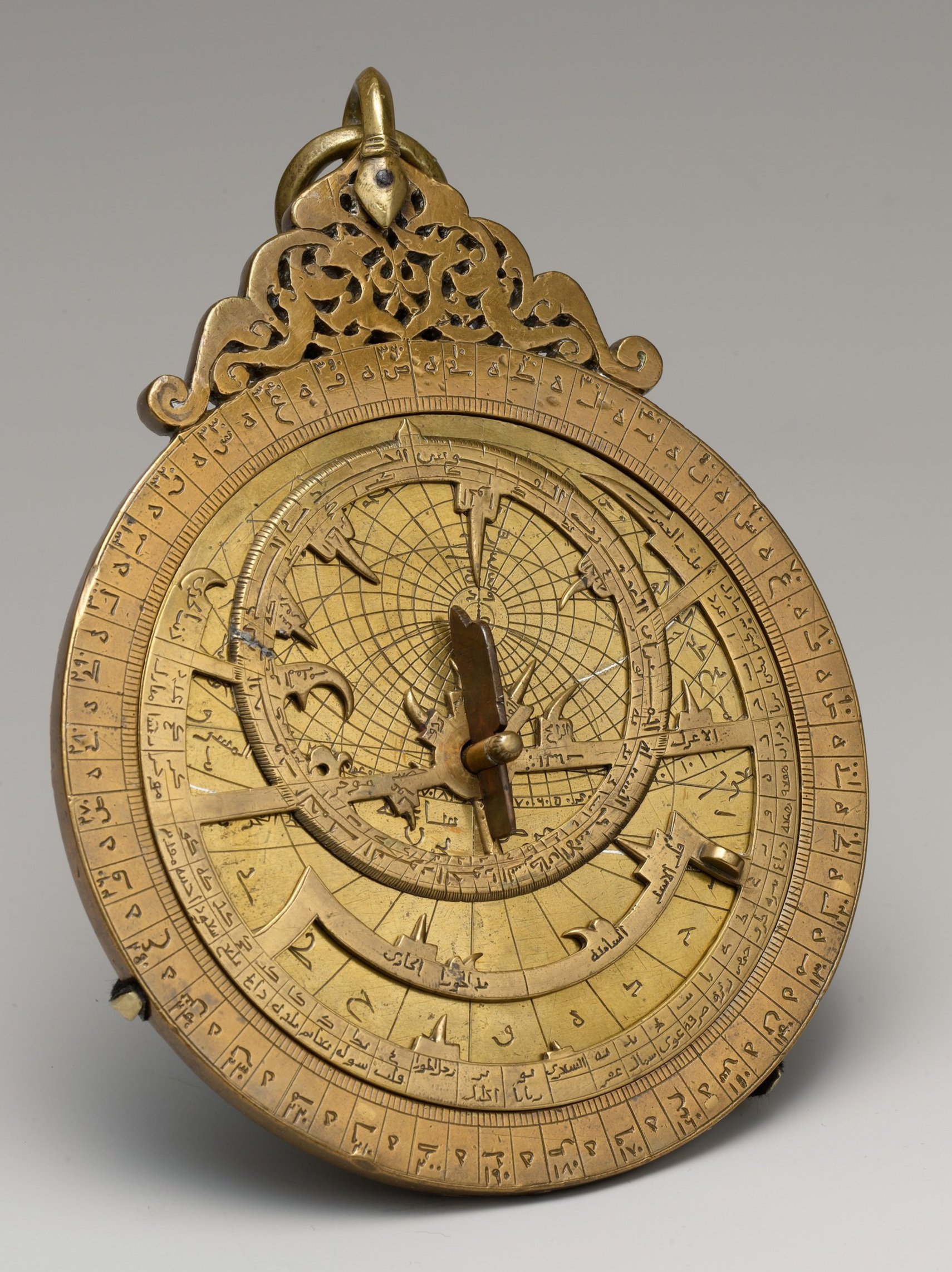
The So What
A public-facing, digital publication focusing on the ‘whys’ and ‘so whats’ of medieval studies and pedagogy.
One of the hardest questions for academics to answer is why your argument, your writing, your interests matter. A question made harder still when your interests lie several centuries in the past. But, the Middle Ages continue to haunt our now, lingering in films and comics, beer names, the rise of the alt-right, and the search for the ever-elusive ‘holy grail’ of skincare. To explore that difficult “so what” question, the project asks why what medievalists do matters, what we can learn (for good or ill) from the Middle Ages, and why the study of what was remains so important for what is and for what can be. The definite article in our title signals our dedication to the ‘so what question,’ asking scholars and creatives to consider their work in a broader context for today’s public.
~~~
What does The So What (TSW) publish?
TSW pieces are peer-reviewed, open access works geared toward a broad audience. While our emphasis is on Arthurian material, we believe that more explicitly discussing the ‘so whats’ of medieval studies, including its connections to and appearances in more ‘modern’ and ‘contemporary’ culture is of great value to the field, to public discourse, and for promoting inquiry, equity, and justice. As such, we welcome proposals for pieces exploring the ‘so whats’ of medieval studies and medievalisms, as well as short, pedagogical and/or creative pieces.
Who can submit?
Both authors appearing in Arthuriana and those who do not have a forthcoming piece in the journal are welcome to submit to TSW. Types of submissions might include: short, accessible articles; detailed lesson or unit plans; annotated assignment sheets; and/or creative pieces in a variety of media, including audio/visual. The selection process will differ slightly, depending on whether the piece did or did not originate with an Arthuriana article (see our Submission Guide for more). Selection and editing will be anonymized, with review duties spread across members of our editorial team.
Please direct any questions to thesowhatpub@gmail.com or to Professor Arielle C. McKee, Arthuriana Outreach Coordinator at mckeea@wfu.edu.
“I don't think things ought to be done because you are able to do them. I think they should be done because you ought to do them.”
- T.H. White, The Once and Future King
Editorial Team
Our Editorial Team is comprised of a sizeable group of established scholars, early career researchers (ECRs), contingent faculty, and independent scholars. All TSW submissions receive reports from two readers from our team, as well as proofs.
Editorial Team Rationale
Our team is large, allowing us to disperse duties, so that no one ends up overwhelmed. In addition, the mix of readers—including established scholars, ECRs, independent scholars, and contingent academics—provides a range of perspectives, as well as protected opportunities to and for those who are building careers and/or experiencing precarity.
Equity, Accessibility, Diversity, and Inclusion are deeply important to us; we welcome your feedback about ways we can improve or strengthen our efforts, particularly (though not exclusively) in those respects (you can contact us at thesowhatpub@gmail.com).
Editorial Team Members
Tarren Andrews, Amy Burge, Gabrielle M.W. Bychowski, Seeta Chaganti, Brittany Claytor, Jonathan F. Correa-Reyes, Nahir Otaño Gracia, Alison Gulley, Alex Kaufman, Tzu-Yu Liu, Sierra Lomuto, Molly Martin, Christy McCarter, Maud McInerney, Arielle C. McKee, Ryan Naughton, Tory V. Pearman, Sara Petrosillo, Christopher Queen, Logan Quigley, Robert Rouse, Sarah Salih, Richard Sévère, Margaret Sheble, Gale Sigal, Matthew Vernon, Usha Vishnuvajjala, Kevin Whetter, and Adrian Whitacre.
NB: to respect privacy, not all members are listed here, we are only providing the names of team members who wished to appear on our site.

Recent Issues & Articles
Medievalism and (White) Nationalism: From Ossian to Today
At the January 6th attack on the U.S. Capitol, among various signs and symbols, one demonstrator held a poster that labeled Donald Trump ‘Braveheart’ and showed him screaming ‘Freedom!’ and brandishing a claymore sword in one hand and the severed head of Karl Marx in the other.[1] Earnest analysis of the poster renders something approaching farce: The poster equates Trump’s recent 2020 electoral defeat with the Wars of Scottish Independence; even more absurdly, it recasts a man who was exempted from military service in Vietnam due to ‘bone spurs’ as a military leader who literally was torn limb from limb for his commitment to Scottish freedom. Yet, the people circulating such pieces of propaganda are not concerned with accuracy or perceived histrionics, not when their strategies lie in emotionally and symbolically appealing to a political cause. Logic and particularities aside, according to this poster, we are meant to understand that Trump, like William Wallace, is a masculine, martial, and self-sacrificial icon and that we should support his equally noble (but nebulous and apparently anti-communist) cause of liberty. The past here is merely a vehicle for politics.
Materials published in The So What can be distributed, remixed, adapted, and built upon for noncommercial purposes, so long as attribution is given to the creator.




